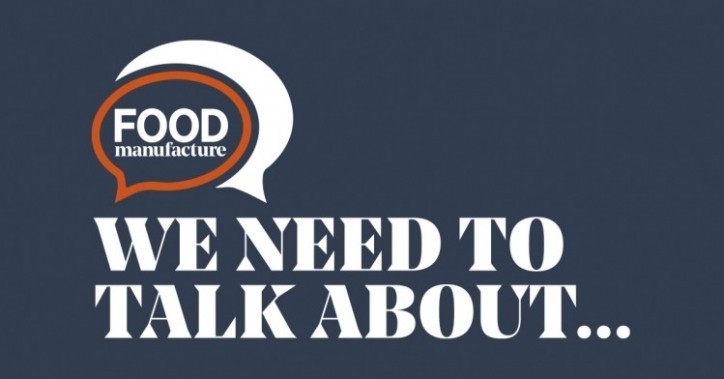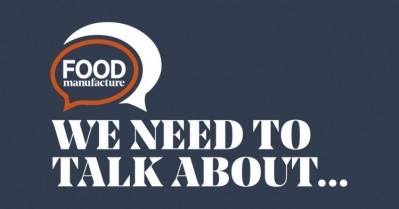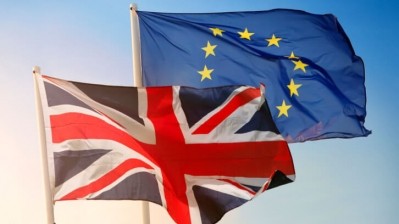Column: We need to talk about ...
Food prices

Food inflation barely budged in April at 19.1% according to the Office for National Statistics. It’s now a big driver of core inflation, which is still rising on an annualised basis from 6.2% to 6.8%. And although the Consumer Price Index is falling, it’s at a slower-than-expected rate.
Since halving inflation was one of the Prime Minister’s big five pledges to the electorate in his New Year speech, the Government has suddenly taken an avid interest in food prices.
That’s fine if ministers and officials develop a deeper understanding of grocery chain dynamics. But if Westminster causes the industry – or any part of it – to become a scapegoat for the cost-of-living crisis by pressing the chain to slash prices beyond practicality, that will not be helpful.
When the Downing Street Farm to Fork Summit didn’t jump on that bandwagon, my hopes were raised. But doubt entered my mind when Chancellor of the Exchequer Jeremy Hunt summoned key players to discuss high food bills the following week.
Artificially low prices
Hunt has gravitas and sense – commodities in as short supply as cereal crops these days – so I’m confident he understands the nuances of supply chain costs. But a Government proposal for voluntary price caps on basic staples could increase pressure to keep prices artificially low and fuel the temptation to find creative ways to recoup inevitable losses from further up the chain. Or it could force businesses to skimp on quality, which could rebound on them.
The Government’s plan might seem credible. The solution may only be needed for a few months as inflation eases and may simply involve cleverly raising prices of non-essential items while using others as loss leaders. In any case, as overall prices decline, consumers would be able to switch more of their budgets to food shopping if necessary.
However, the strategy is unsustainable over a longer timescale. Assumptions that inflationary pressures will dissipate for the food chain any time soon seem flawed. Food supplies will continue to be uniquely affected by higher costs sparked by the Ukraine conflict, the rising expense of recruitment and labour, new measures for trade with Northern Ireland and new border controls from October.
Supply chain costs
There will also be short-to-medium-term supply chain costs from future increases in packaging tax, charges for extended producer responsibility for packaging, new import measures and investment in meeting legally binding environmental targets. Any residual slack in the system will rapidly disappear.
Above and beyond that, a persistent concern is that, as inflation eases, we will simply return to an obsession with cheap food that has dogged the industry for years and stifled investment. An honest recognition of production costs throughout the food chain is one of the best ways to ensure supply chain fairness.
According to a Food Foundation report issued in January, almost four million UK children live in food poverty. No one wants that. But food budgets are being squeezed not merely because food itself is more costly.
Wider societal problems such as declining living standards, persistently low wage growth and unaffordable housing shouldn’t be dodged by using the food industry as a soft target. Extending free school meals might be a better fix, lessening the financial pressure on families and providing a much-needed, timely Government PR boost.
















